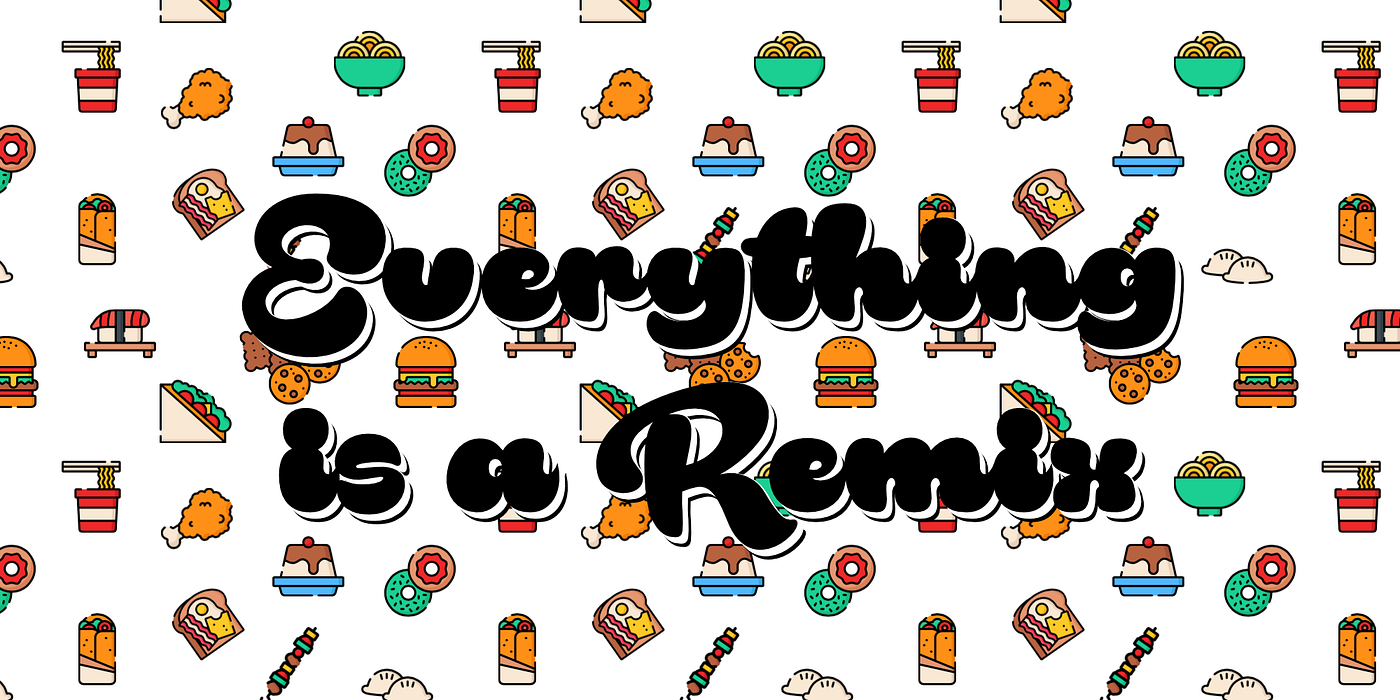On knowledge sharing and creativity

Many years ago at work I was asked whether I want to give a presentation on a certain technical subject. It got me confused and wonder how could other people not know about it already. What is the point? In a hindsight, I see that it makes sense to give a presentation, since not all people will have the same experience and knowledge and, instead, are familiar with the subject to varying degree.
Similarly, recently I have been contemplating of writing on a certain topic, got some notes/draft, got excited about it. But then ended up googling a particular related term, data literacy. It turned out to existed for a long time already, alongside of a more general one, a computer literacy. It left me discouraged and experiencing similar feelings/emotions. What is the point of rehashing the already expressed points if others already did that? After all, here is an online evidence of that…
After thinking about it rationally I realized that both situations are in essence the same, the only thing different is the scale, a number of people in question.
Should one publish their point of view first before looking up opinions of others online? Would it be more original? After all one’s personal perspective is partially (or entirely?) influenced by the outside world. Or is it beneficial to not bias one self and express today’s snapshot of your understanding?
Another example I recall is a person from business saying - I don’t follow/keep track of whatever my competition is doing, to not become too focused on their actions and end up (mostly) copying what they are doing. Imagine a world where everybody would just look at each other and do whatever a person opposite of them is doing.
But then one would ask - what is a creativity? Isn’t it simply remixing and rehashing ideas? Cross disciplinary, inspired by etc. So maybe it is good then to expose oneself to the world out there.
The only concern with this (I think) is a power law, of people picking up the opinions of majority. Since they are more likely to stumble upon it probabilistically speaking (LLMs I look at you 😏)
What if instead we explore the other extreme / end of spectrum? Roads untraveled. Least probable / likely ones. For instance, let’s pick a random topic (how to raise a child). Majority of books will have a common parts (due to remixing and rehashing effect). Theoretically one could compile / condense them into a single book by reducing duplicate parts to a distilled content. However, there will be parts in the books which contain less popular and distinct opinions. What if we were to explore these?
My former colleague once said to me:
- I don’t get how people could say “I read the book X, and it put it all together for me!”
Is it really the whole book? Or was it because of its few distinct parts which filled the missing puzzles in one’s understanding?
People giving presentations - do not be discouraged of rehashing and remixing, cause your take is a personal one and might influence others.